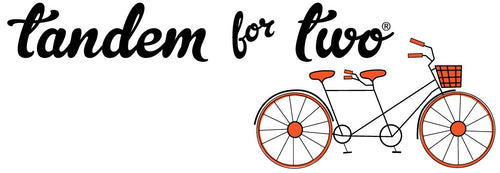In a significant development in the ongoing legal battle between artists and AI art generators, U.S. District Senior Judge William Orrick has ruled in favor of the artists on a crucial aspect of their lawsuit. The ruling marks a small but meaningful victory for artists Sarah Andersen, Kelly McKernan, and Karla Ortiz, who have been challenging the practices of AI companies Stability AI, Midjourney, and DeviantArt.
Background of the Case
The lawsuit, filed in January 2023, raises fundamental questions about the legality of AI companies using images from the internet without consent to train their AI models. At the center of the case is Stability AI’s popular tool, Stable Diffusion, which the plaintiffs claim has been used by both Midjourney and DeviantArt's DreamUp to generate AI-generated artwork. The artists argue that these companies have infringed on their intellectual property rights by using their works without permission and by employing their names or styles to promote AI-generated art.
Ruling on Anti-SLAPP Motion
Judge Orrick’s recent ruling came in response to an attempt by the defendant companies to dismiss the lawsuit under California’s anti-SLAPP statute. The anti-SLAPP (Strategic Lawsuit Against Public Participation) law is designed to prevent lawsuits that are intended to halt free speech and are deemed to be meritless. However, Judge Orrick found that the public interest in this case outweighed the arguments for dismissal under the anti-SLAPP statute, allowing the lawsuit to proceed.
This ruling is crucial as it underscores the importance of the legal questions at hand, particularly the rights of artists in the face of rapidly advancing AI technologies. The decision allows the plaintiffs to continue their fight against the unauthorized use of their works by AI companies.
Core Issues
The lawsuit touches on several critical issues related to AI and intellectual property. One of the primary concerns is whether AI companies can legally scrape images from the internet to train their models without obtaining consent from the creators. The artists argue that this practice not only infringes on their copyrights but also impacts the market for their original works.
Additionally, the lawsuit raises the question of whether AI companies can use artists’ names or specific styles to promote their AI-generated products. The artists contend that this practice dilutes the value of their original works and misleads consumers into believing that the AI-generated art is endorsed or created by the original artists.
Broader Implications
The outcome of this lawsuit could have far-reaching implications for the AI industry and for artists whose works are increasingly being used to train AI models. Stability AI, like many other AI companies, relies on the fair use doctrine, arguing that their models do not directly use the data but instead learn patterns from it to generate new, similar results. However, tests with AI models like Midjourney and OpenAI’s DALL-E 3 have shown that these generators can produce images that closely resemble the original training material.
One of the critical questions that the court will need to address is whether such close copies are a feature or a flaw of the AI models. This issue is also at the heart of the New York Times vs. OpenAI case, where the newspaper demonstrated that OpenAI’s GPT model could generate exact copies of its articles when prompted with specific inputs.
As the case against Stability AI, Midjourney, and DeviantArt moves forward, the legal community and the broader public will be watching closely to see how the courts navigate the complex intersection of AI technology and copyright law. The decision could set a precedent for how intellectual property rights are enforced in an era where artificial intelligence plays an increasingly significant role in creative industries.


